
Shopping for Water
How the Market Can Mitigate Water Shortages in the American West
Read or listen offline
Recommendation
Around the world, droughts and shrinking groundwater resources presage a potentially dire situation, particularly in dry areas such as the American West. Previous water shortage solutions, which focused on carving out new reservoirs or building new dams, are no longer economically and politically viable. Today’s cures require flexible approaches, such as water trading and water exchanges, as well as greater state and federal regulation and monitoring. In this comprehensive and scholarly report for the Hamilton Project, attorney Peter W. Culp and professors Robert Glennon and Gary Libecap provide some hope by presenting useful examples of successful solutions and by offering proposals on how to allocate, market and monitor water. getAbstract recommends their findings to environmentalists, policy makers, farmers and anyone concerned about the future of water availability.
Take-Aways
About the Authors
Peter W. Culp is an attorney specializing in environmental law. Robert Glennon is a professor of law at the University of Arizona and Gary Libecap is a professor of environmental science and management at the University of California, Santa Barbara.








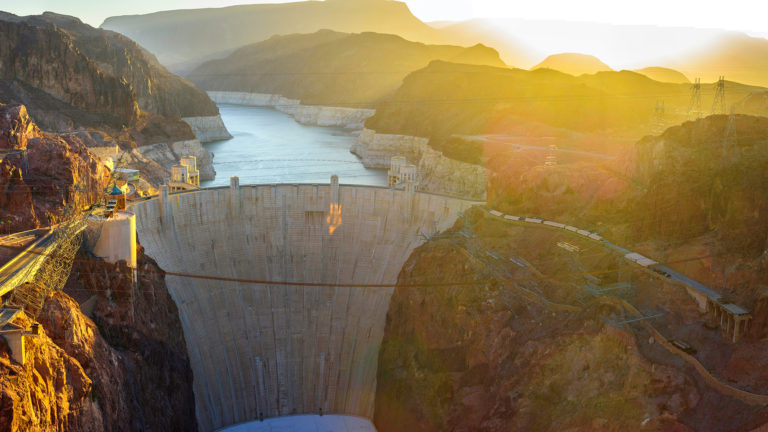
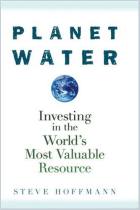
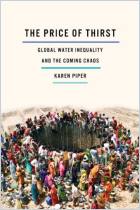
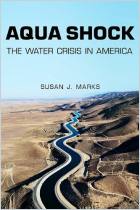
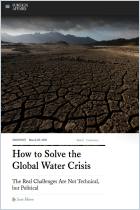




Comment on this summary or Начать обсуждение